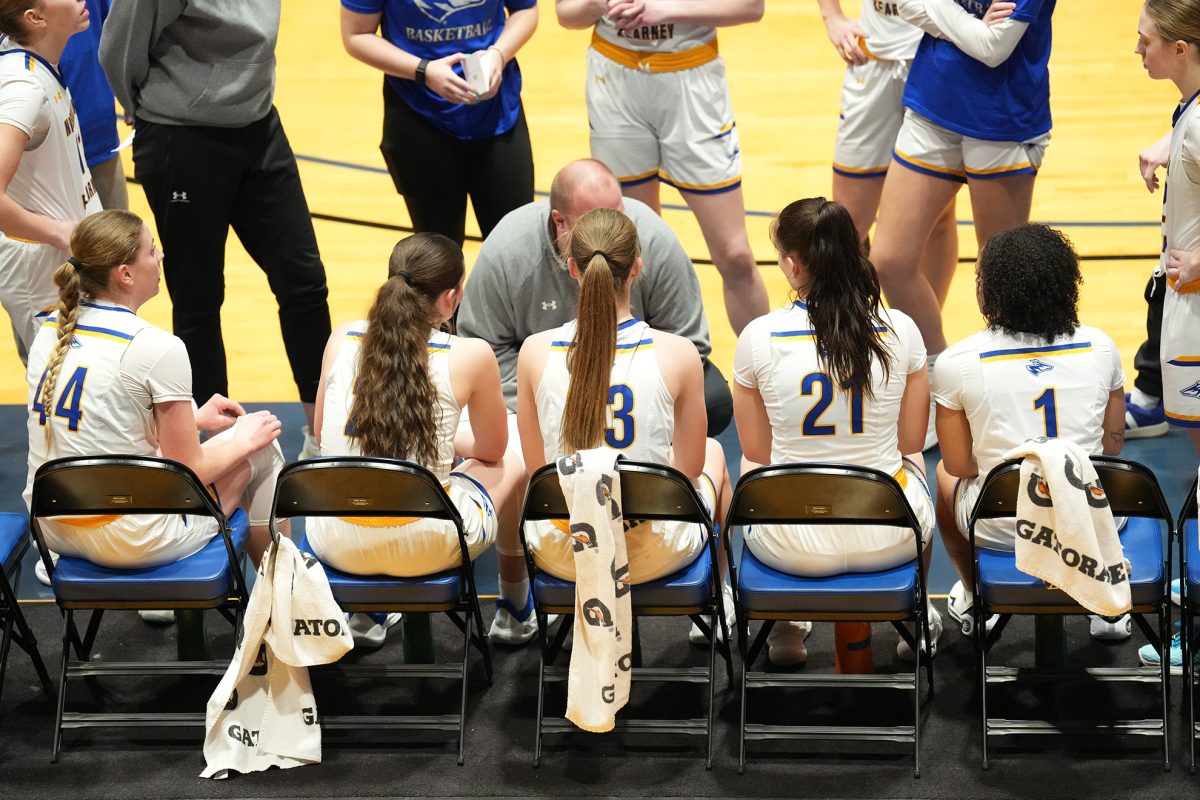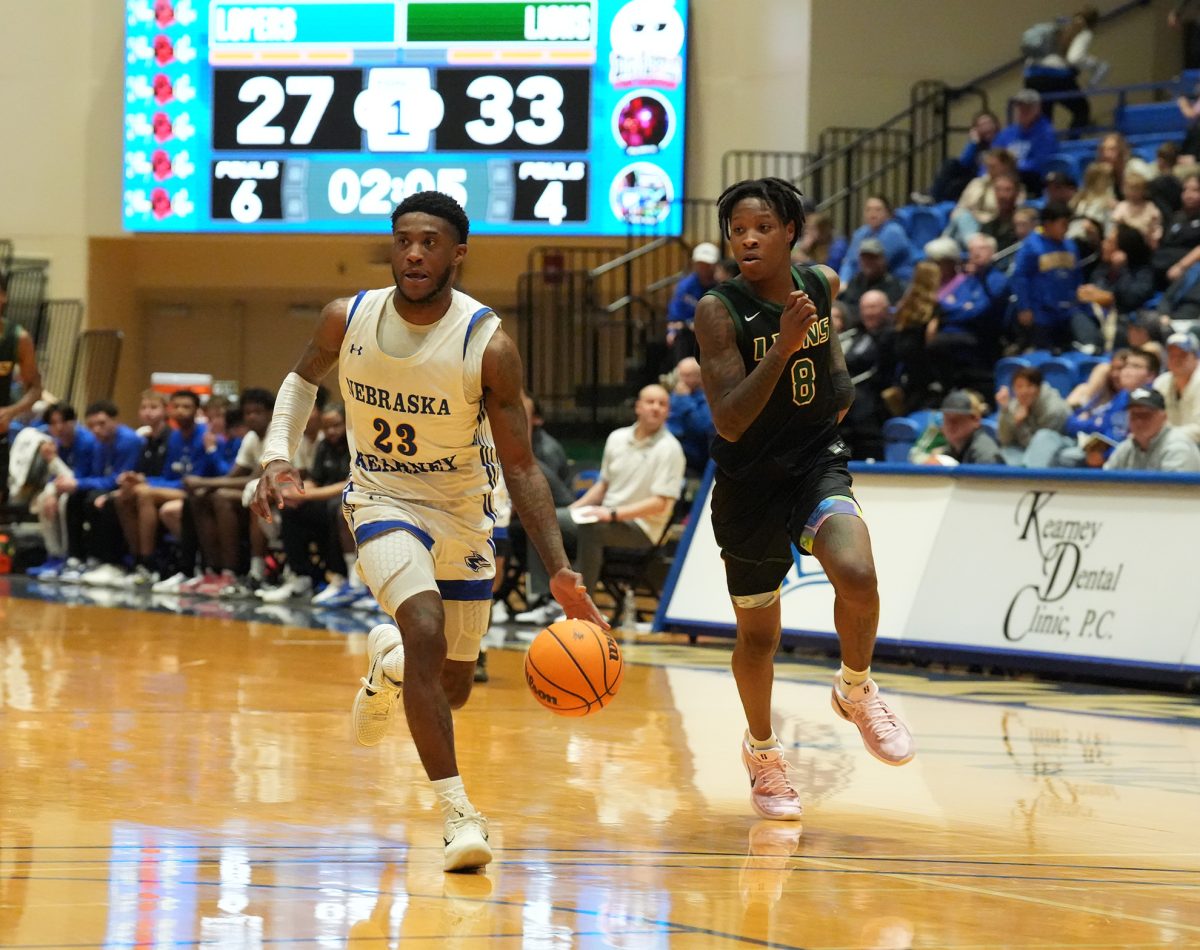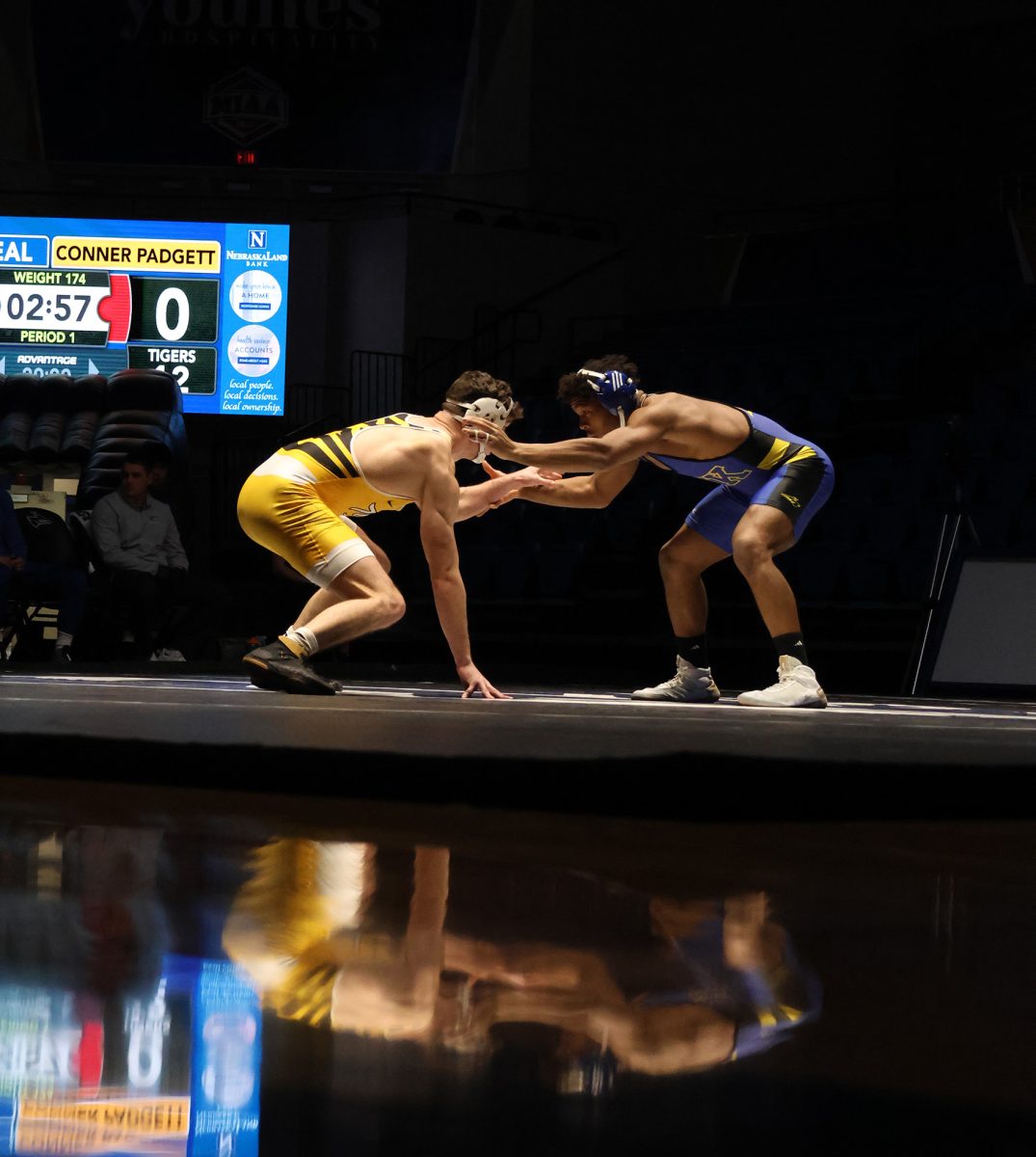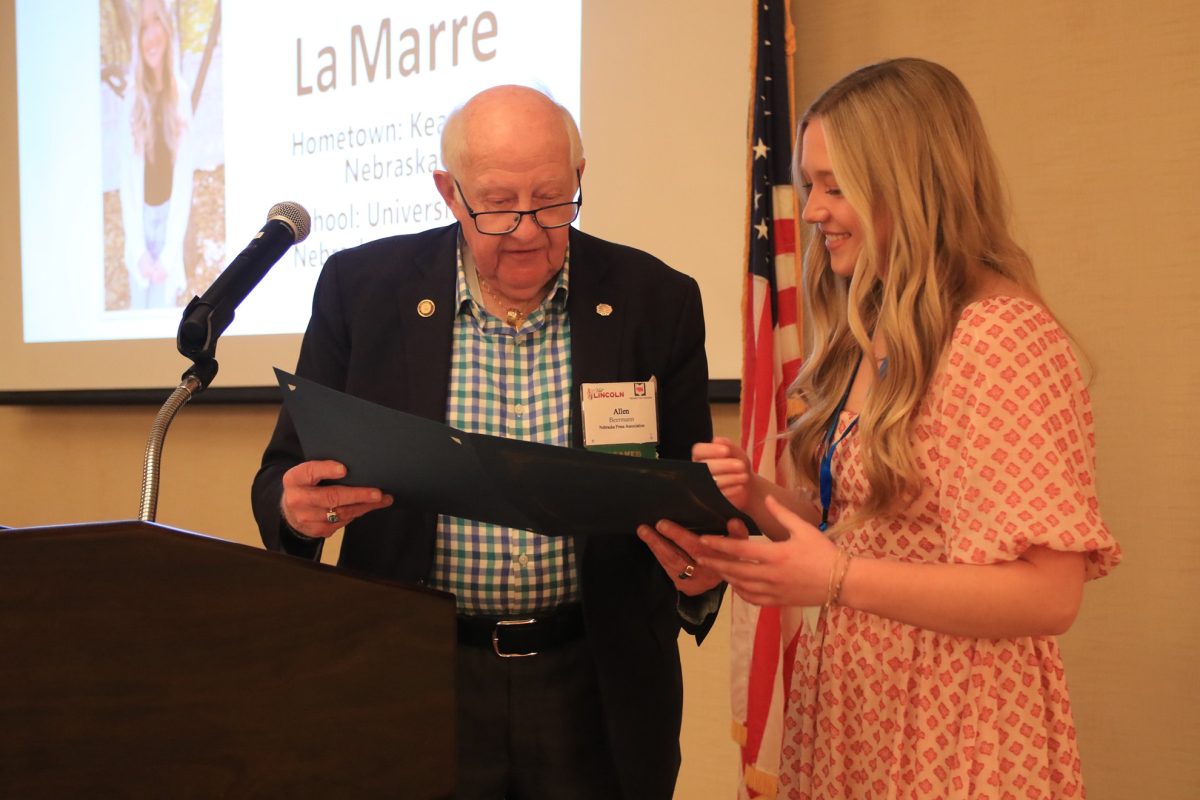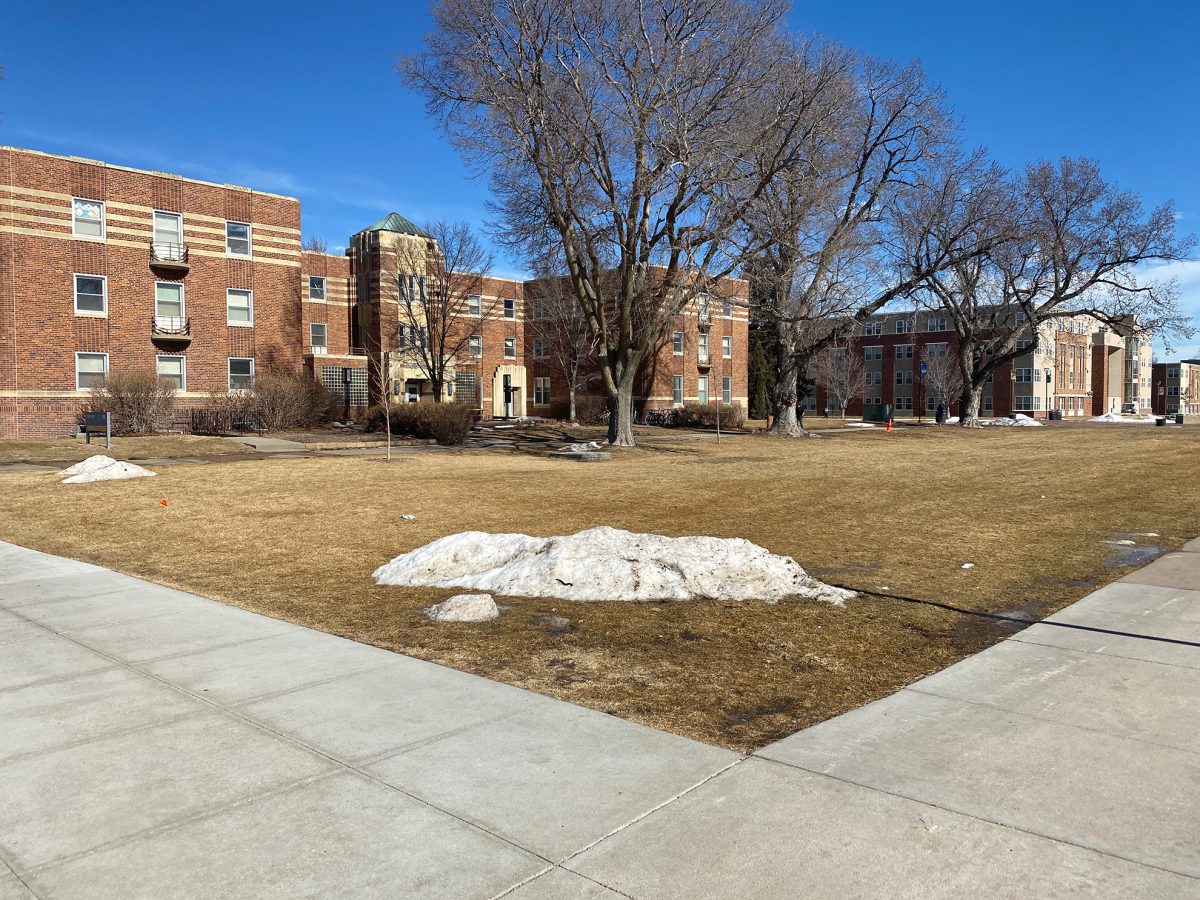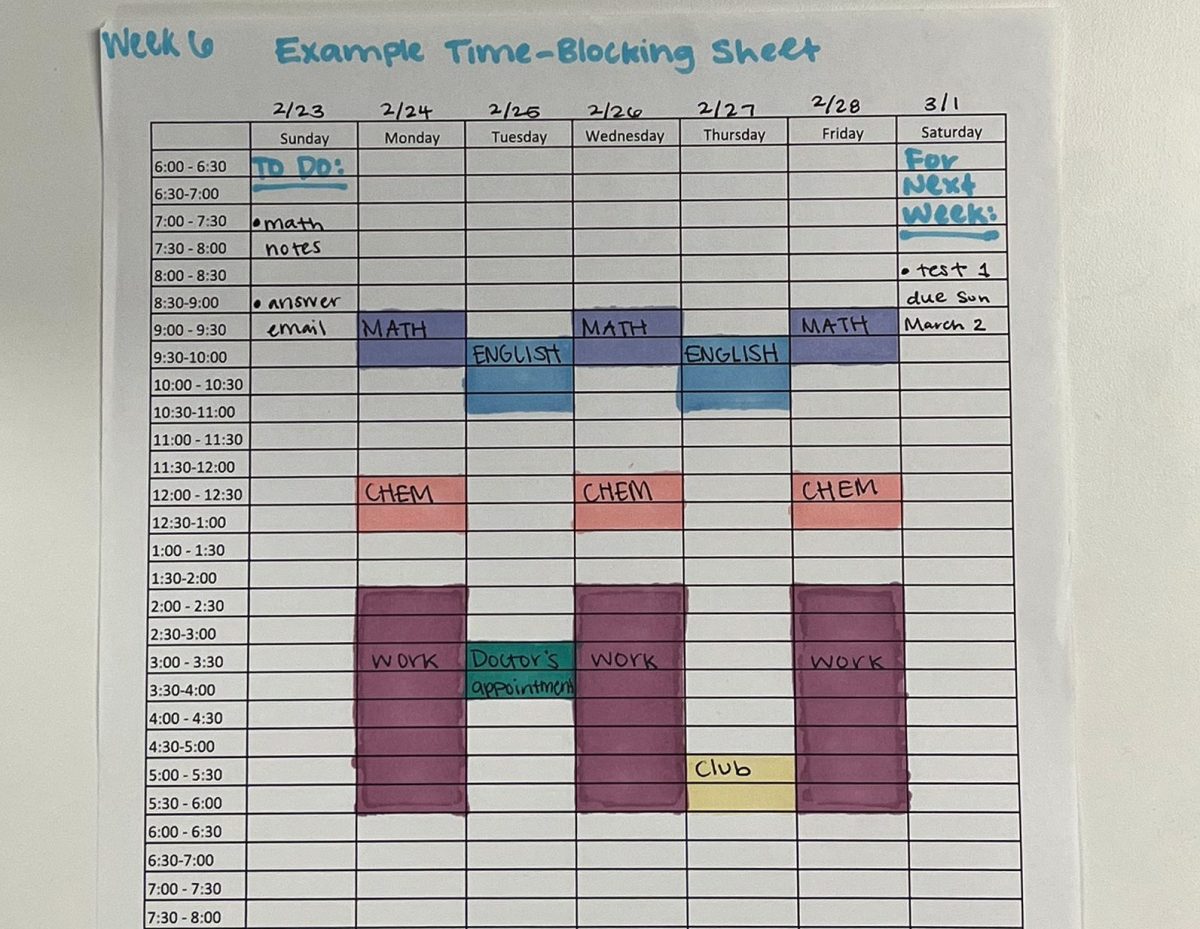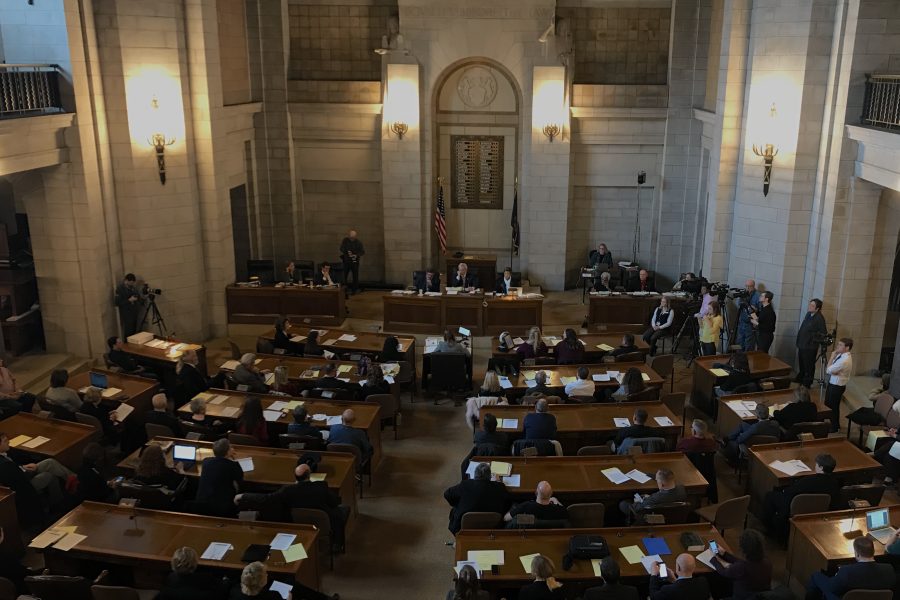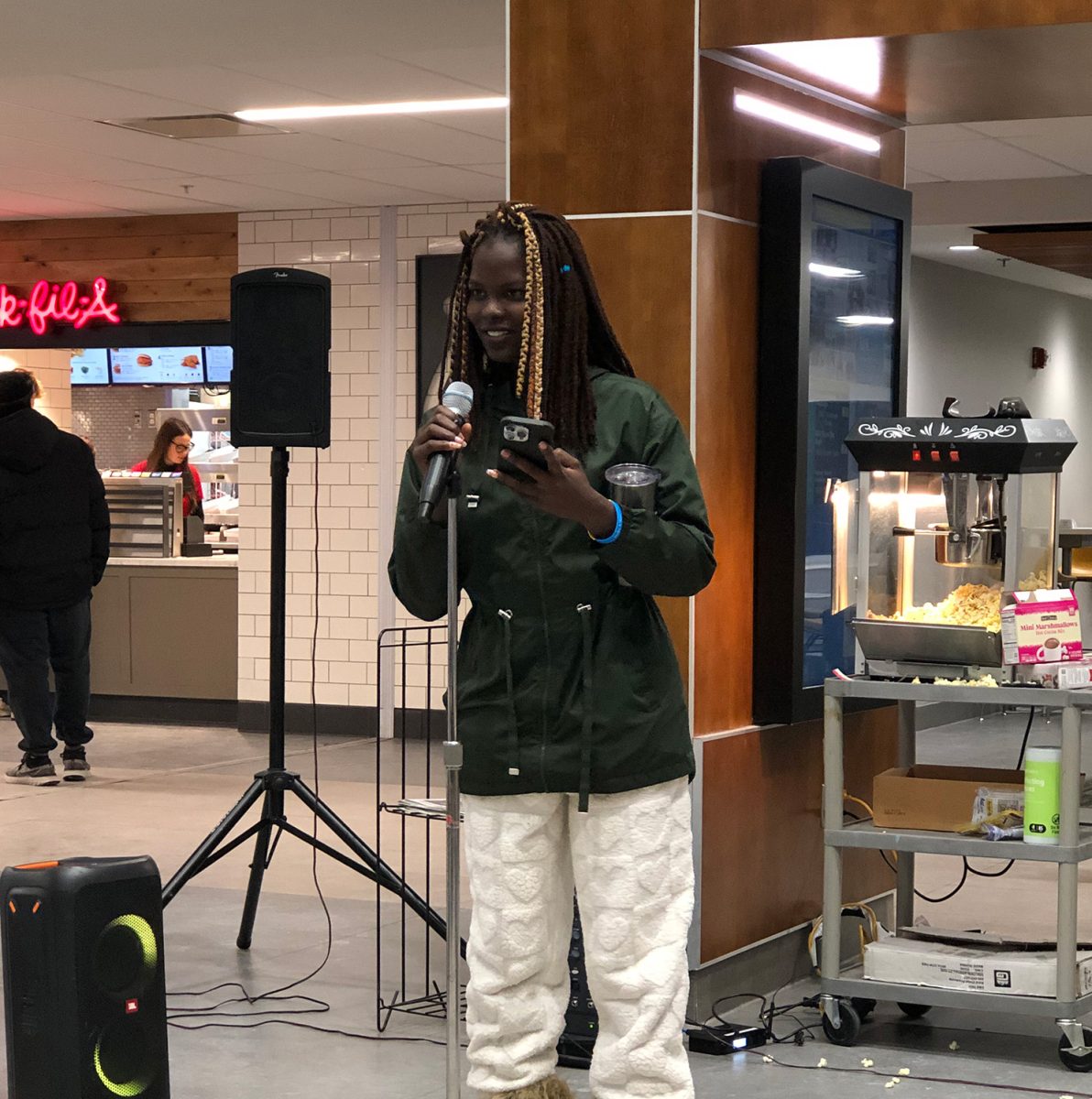New bill opens discussion among state committee, residents
By BRAYDON CONELL
Friday marked the start of a contentious debate concerning medical cannabis in the state of Nebraska. The Nebraska unicameral has only been in session since Jan. 9 which means the introduction of new legislative bills has just finished and committee sessions are beginning
The Judiciary Committee opened up the session to a large crowd of concerned Nebraskan citizens in the Warner Chamber. This charged topic brought an abnormally large crowd, leading the Sergeant of Arms to open up the center balcony – something that normally is not needed for committee meetings. Further, the Judiciary Committee normally does not meet in the Warner Chamber. But, due to ongoing renovations in their normal space (and perhaps because of a suspected need for extra space) the hearing was moved to the old Senate chamber.
Chaired by Senator Lathrop, members of the Judiciary Committee include Senators Pansing Brooks, Brandt, Chambers, DeBoer, Morfeld, Slama, and Wayne. Lathrop opened the hearing acknowledging the large crowd in the Warner Chamber and, with Wishart’s medical cannabis bill the first on the agenda, set aside one hour for support testimony, one hour for opposition testimony, and then 30 minutes for neutral testimony. In total, six people expressed opposition to the bill, one provided neutral comments, and an overwhelming majority of the chamber voiced support.
Senator Anna Wishart of LD 27 kicked off the testimony by presenting the basics of LB 110, the Medical Cannabis Act. Wishart said, “in polls from 2017, 70% of Nebraskans support the legalization of cannabis for medical purposes.”
Cannabis has been used throughout history for treatment of several ailments. However, because of its Schedule 1 status by the federal government, the ability to use, test, and study cannabis is extremely limited.
“One hundred different cannabinoids have been identified that work hand in hand with our systems,” Wishart said.
Legally, however, these cannabinoids cannot be used. Interestingly enough, cocaine, a highly addictive and dangerous drug, is categorized as a Schedule 2 drug and can be prescribed by doctors for specific diagnoses under federal law. The United States Center for Disease Control has no report of any death from marijuana consumption, but that story is different for cocaine use. Despite this, the federal government has yet to change the classification of these drugs. Wishart finished her speech and called her fellow senators to action by stating, “We cannot accept that [medical cannabis] is too complicated a problem to deal with. We were elected to come here and solve these complicated issues.”
LB 110 would bring the ability to use medical cannabis to the State of Nebraska. Important highlights of the bill include a system of qualification of who would qualify to receive medical cannabis; a provision that allows local jurisdictions to bar dispensaries in their jurisdiction, but cannot stop people from having or using medical cannabis; and the stipulation that medical cannabis will not be covered by one’s medical insurance. The law allows for a person to carry 3 oz or less on their person, have 8 oz or less in their home, and have 1 oz or less of concentrated cannabis. In comparison to the US Federal Marijuana Cigarette sizing, a person could have up to an equivalent of 75 cigarettes on their person (roughly 25 cigarettes per ounce). Additionally, the bill stipulates that people traveling to Nebraska who can legally use medical cannabis in their state, and have a legally obtained qualification card, can legally have access to their medical cannabis while in Nebraska.
Dr. Kim Coleman, a Lincoln pediatric radiology physician, also testified in support of LB 110. Dr. Coleman called to keep the physicians at the table when making amendments to the bill and to not cut out various cannabinoids and limit people’s options. She quoted studies that show different cannabinoids can play off of each other and have synergistic benefits. Coleman fully supports medical cannabis after watching her grandson suffer from severe seizures following a brain injury, and be helped by medical cannabis after 3 antiepileptic drugs did not provide the relief their family wanted for their child.
One of the people in opposition to LB 110 was Mary Hilton, a concerned mother who has a daughter with epilepsy. At one point, Hilton’s daughter was having 30 to 50 seizures
a day and her family has tried almost every legal means to treat them.
However, Hilton questions the effectiveness of medical cannabis.
“Medical marijuana is not the silver bullet that families are looking for,” Hilton stated. “There is no definitive, scientific proof that marijuana is safe and effective.”
This lack of evidence, however, is in part due to marijuana’s Schedule 1 classification and scientific researchers not having access to the plant.
Following the conclusion of the hearing, Senator Wishart posted to Facebook to remind those Nebraskans fighting for access to medical cannabis to look at all of the support for this measure that is being overshadowed by “a few people in suits trying to paint a dark picture of medical cannabis”.
Wishart finished by stating, “If we don’t succeed in the legislature, we will at the ballot box in 2020.”








